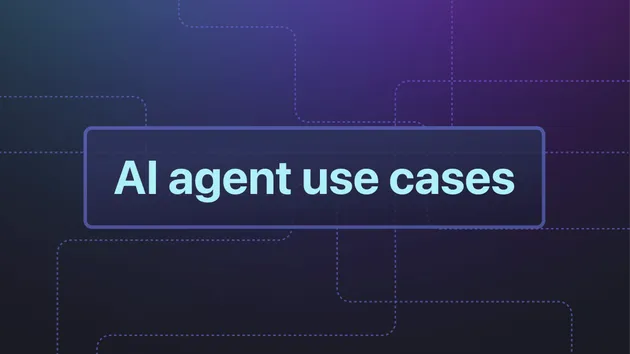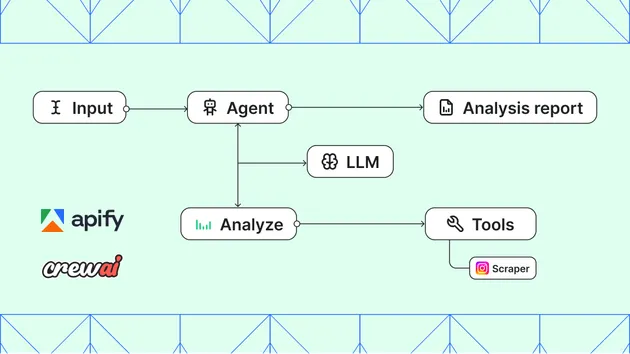Phishing Email Detector AI Agent
Pricing
Pay per event
Phishing Email Detector AI Agent
The Phishing Email Detector AI Agent is a sophisticated tool designed to help users identify and analyze potential phishing attempts in received emails. With this comprehensive solution, users can quickly determine if an email poses a security threat through multi-layered analysis
5.0 (2)
Pricing
Pay per event
2
9
2
Last modified
6 months ago




